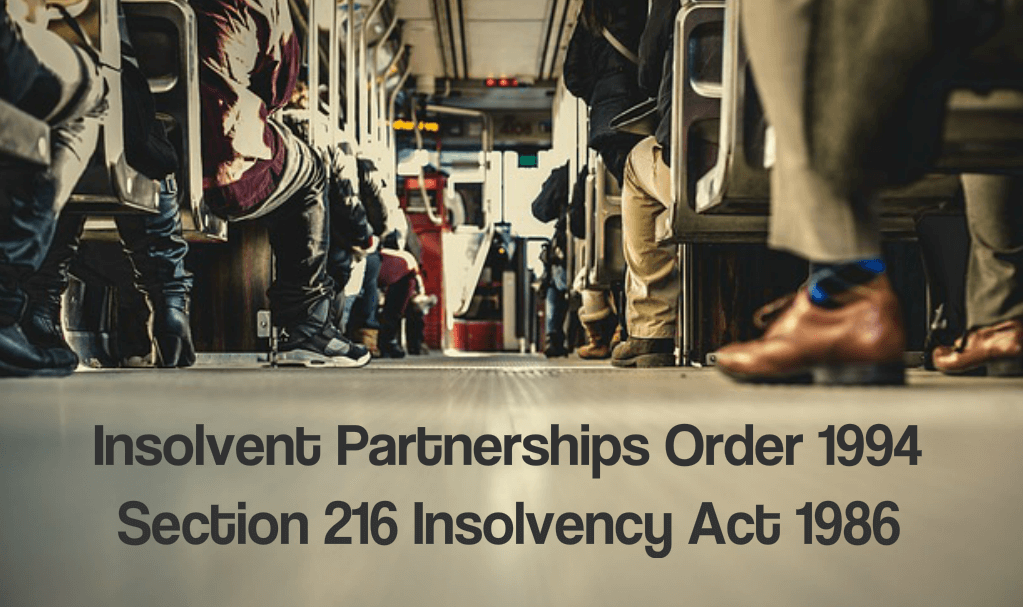In Re Newtons Coaches Ltd ([2016] EWHC 3068 (Ch), 29 November 2016) useful guidance has been given by Mr Registrar Jones in the Companies Court as to whether partners of an insolvent partnership may reuse its name in a subsequent business.
Being involved in management
Following the insolvent winding-up of their partnership under the Insolvent Partnerships Order 1994, the applicant former partners wished to be involved in the management of a limited company of the same or a similar name, but they were concerned that by doing so they might commit a criminal offence, and become personally liable for the debts of the new limited company, by acting in contravention of section 216 of the Insolvency Act 1986.
That section is designed to prevent the confusion that could arise on the establishment of a new company of the same or a similar name with the same management (commonly known as a “Phoenix” company), following the insolvent liquidation of the first company of that name.
The application
The former partners therefore sought the Court’s clarification as to whether section 216 applies to partnerships.
The Secretary of State (who did not appear but made written submissions) contended that section 216 did apply, on the basis that the Insolvent Partnerships Order 1994 applies the provisions of the Insolvency Act 1986 (and the Company Director Disqualification Act 1986) to insolvent partnerships.
The “mischief” that section 216 is designed to prevent
The Registrar contrasted a partnership, in which the partners have unlimited personal liability for the debts of the business, with a limited company, where the directors normally have no personal liability. He made the point that the “mischief” that section 216 is designed to prevent, namely that individuals have been concerned with the management of a business might start up another one of the same name without being personally responsible for discharging the first business’s debts, does not apply to partnerships.
Which part of the Insolvency Act applies
He made the further point that while the Insolvent Partnerships Order applies to modify Part V of the Insolvency Act 1986 so as to include partnerships within the ambit of that Act, so they can be wound up just like a limited company, the Insolvent Partnerships Act does not apply Part IV of the Insolvency Act 1986 to partnerships, and section 216 appears within Part IV.
The findings
On that basis he found that the former partners of a partnership were free to be concerned in the management of a business that uses the same or a similar name, without having to satisfy the sometimes difficult requirements of the Insolvency Act and Rules.
Points arising
There are some important points to be made here:
- Based on the reasoning in Coral Reef Ltd v Silverbond Enterprises Ltd [2016] (decisions of High Court Masters binding on other High Court Judges regardless of “rank”) this judgment creates legal precedent and can be relied on in other Companies Court cases, but (as with any High Court decision) could be departed from by another Judge if he or she believed that any important considerations had been missed.
- Given that criminal sanctions and personal liability can be imposed for breach of section 216, careful consideration should perhaps be given to whether a precautionary application to the Companies Court ought to be made in a similar case. The position of the Insolvency Service in any particular case would be an important factor in reaching that decision.
- Despite this finding a new company would still have to acquire the goodwill from the liquidator of the insolvent partnership before reusing its name or using a similar name.
- Neither this case nor the reasoning that underlies the judgment apply to limited liability partnerships.


